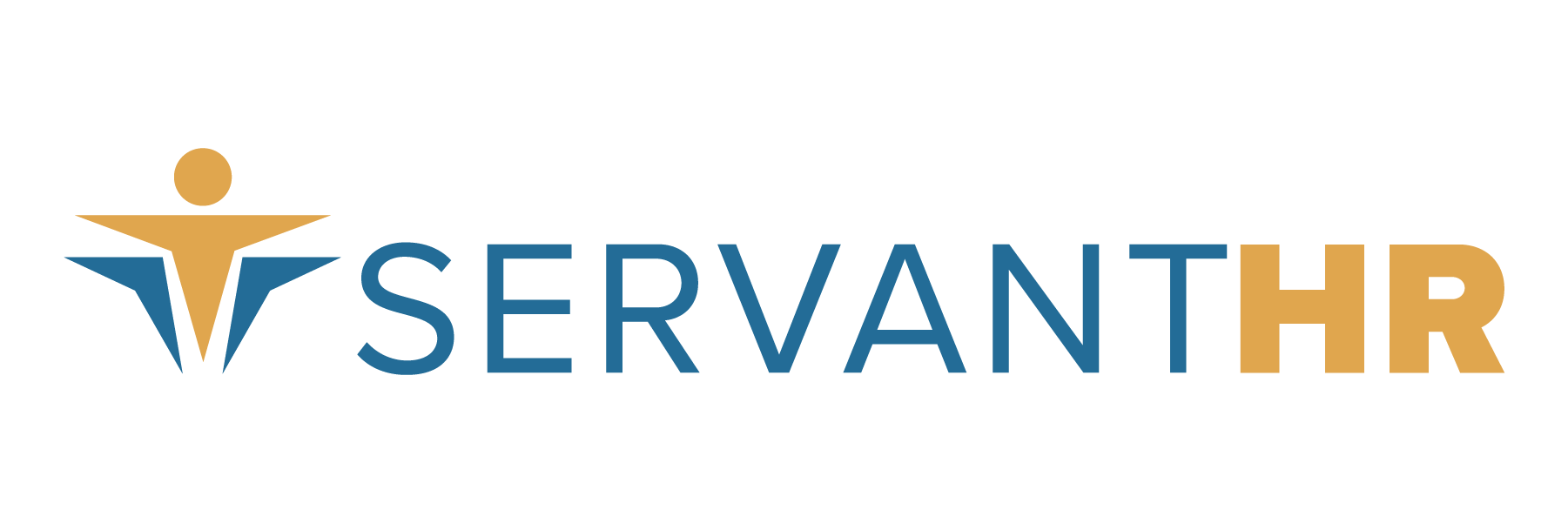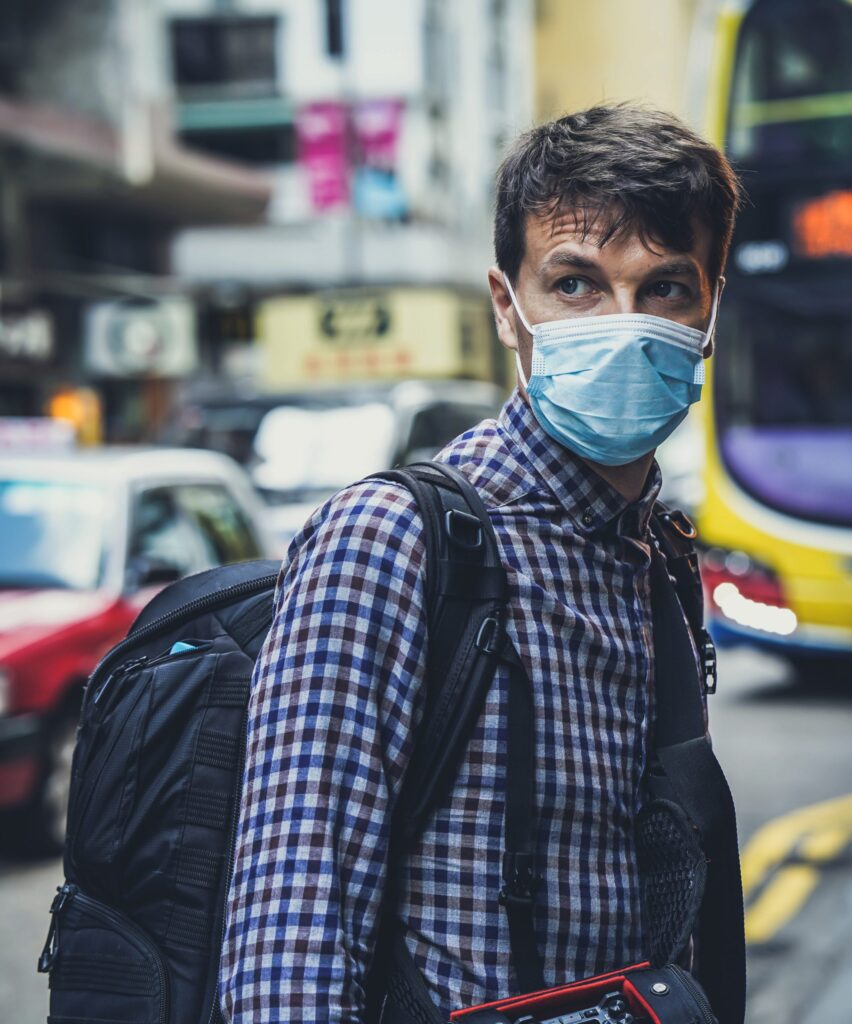Coronavirus is continuing to spread globally, with 82,000 reports worldwide and 60 confirmed cases now in the United States as of this blog. Along with the global advance comes increased anxiety and confusion over how to prepare.
You may have seen that large corporations are canceling conferences, limiting travel and stocking supplies. But is this too extreme—or not extreme enough? What does this mean for smaller companies? And how can workplaces prepare?
This blog is simply intended to provide information to promote common-sense preparedness, not panic.
The Centers for Disease Control and Prevention (CDC) has published guidance that may help prevent workplace exposures to acute respiratory illness and the potential effects of more widespread outbreaks of coronavirus. Their guidance is two-fold: How employers can prevent now, and prepare for later.
What employers can do now
As all workplaces are encouraged to take safety measures, it’s important that employers communicate preparedness to employees. Employers should also be careful not to make determinations of risk based on race or country of origin. The following recommendations should be used to prepare and prevent the spread of the virus, but any confirmed illness should remain confidential.
- Emphasize hygiene etiquette
Post information around the office that encourages staying home when sick and explains cough and sneeze etiquette and handwashing in areas where they are likely to be seen. Provide tissues and alcohol-based hand sanitizer around the workplace to encourage prevention throughout the day. This is nothing new. This counsel is actually what should normally be followed to reduce the spreading of any sickness in the workplace.
- Encourage staying home
Employees should be encouraged to notify their supervisor and stay home if they are feeling sick. Ensure that your company’s sick leave policies are flexible and in line with public health guidance, and communicate these policies consistently so that employees are aware. Some may need to stay home to care for a sick family member or may not be able to obtain a doctor’s note within the usual timeframe. Be flexible and make sure your employees know their health is a priority.
- Advise caution for traveling employees
Direct employees to the CDC’s Traveler’s Health Notices for the latest guidance and recommendations for each country to which employees may travel. Advise employees to check themselves for symptoms of respiratory illness before starting travel and ensure that employees who become sick while traveling can notify a supervisor and contact a healthcare provider. If outside the U.S., sick employees should follow your company’s policy for obtaining medical care or contact a healthcare provider or overseas medical assistance company to assist them with finding an appropriate healthcare provider in that country.
- Maintain confidentiality
In the rare event your employee is confirmed to have coronavirus, employers should inform fellow employees of their possible exposure, but maintain privacy and confidentiality as required by the Americans with Disabilities Act (ADA) and HIPAA. Employees exposed to a co-worker can conduct a risk assessment per guidance by the CDC. This is not an easy balance – so you may want to obtain some counsel in the event of a confirmed case in your workplace.
Creating an outbreak response plan
The severity of the illness or how many people will fall ill is still unknown, but the CDC has said the current risk in the U.S. from the virus is low. However, employers are still encouraged to develop plans in case the virus becomes more widespread. This could potentially result in containment efforts that might include closing schools, limiting public transportation or canceling large gatherings. The following bullets recommend action items for employers in the event that coronavirus becomes even more widespread.
- Review policies for compliance
Review your company’s human resources policies to ensure practices are consistent with public health recommendations and existing state and federal workplace laws. For more information on employer responsibilities, visit the websites of the Department of Labor and the Equal Employment Opportunity Commission.
- Consider remote work
Depending on your business, employees may be able to telecommute or flex their normal working hours to increase physical distance between other employees. This may be necessary in the event of an outbreak, as state and local health authorities could recommend social distancing strategies. Employers should ensure that technology and policies are in place to support employees who can work from home.
- Plan for interruptions
Identify now the essential functions, roles and elements within your business to maintain regular operations. Develop a plan now for how your business will operate (or not operate) if employees are unable to come to work or if essential functions are inhibited.
- Prioritize communication
Information should be communicated to employees and business partners about your company’s disease outbreak plan. Establish a process now for this communication and set up triggers that will activate the response plan. Employers should anticipate employee fear, rumors and misinformation, so be careful that communication addresses these anxieties.
- Stay informed in the community
According to the CDC, local conditions will influence the decisions that public health officials make regarding community-level strategies. Employers should take the time now to learn the plans in place for each community in which the business is located.
Looking ahead
Taking preventative and proactive measures now will prepare both employers and employees in the event that coronavirus does become more widespread. Rather than scrambling last minute, an overly cautious approach will make employees feel confident, informed and safe.
As your PEO, we’re here to support you. This blog is intended to promote preparedness, NOT panic. Have further questions or concerns? Give us a call today and we’ll be happy to take steps with you toward protection and compliance.
See the following links to more information about coronavirus:






